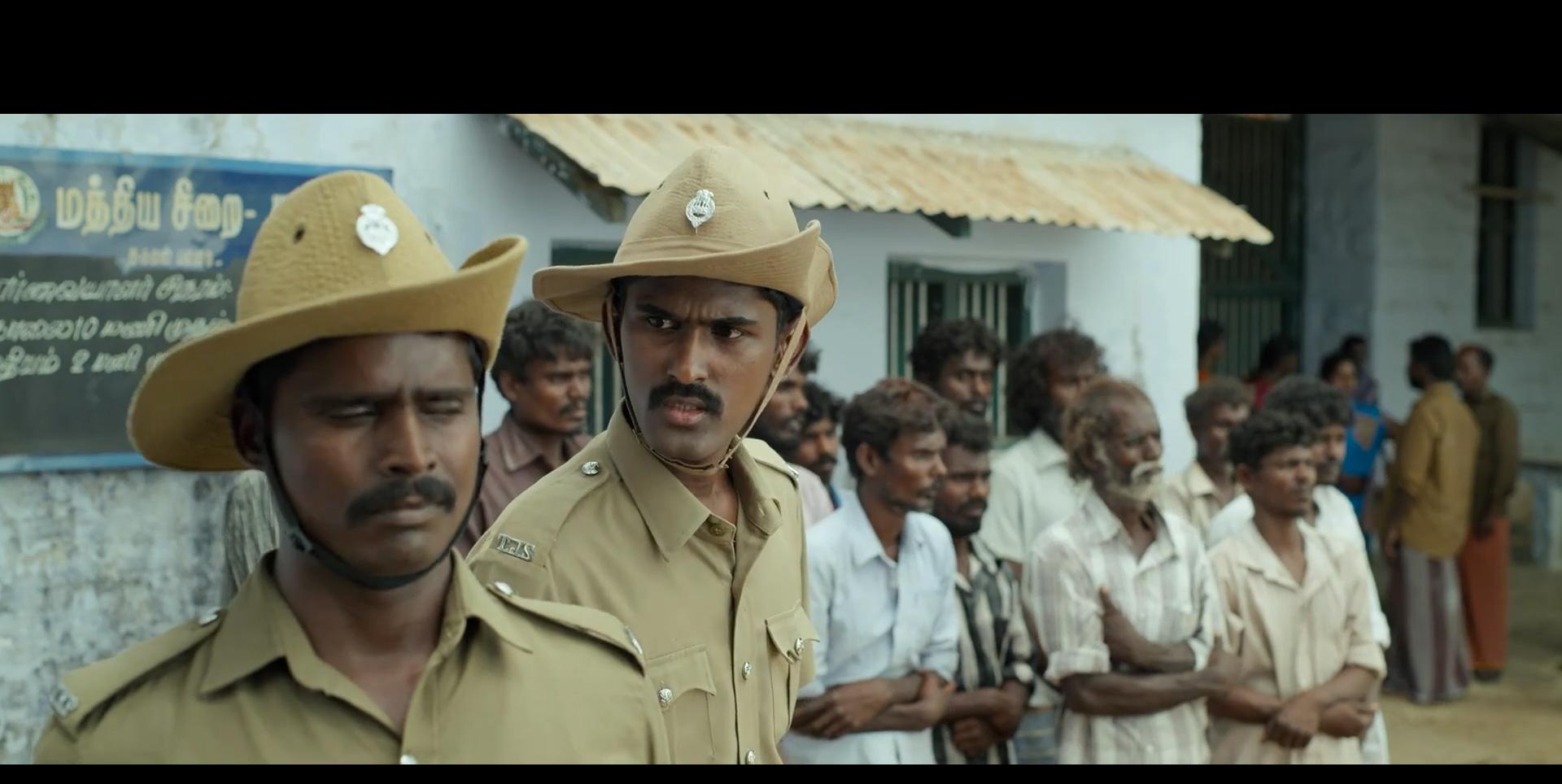"The devil should have gone to hell, but the devil did not go to hell, but still did many evils in the human world, harming good people, and when the moral restraint of the whole society no longer worked, everyone exposed the evil side, and the human world is hell." 」

The film Jay Beam is based on a true story from the Raja Kannu case of the 1990s, featuring an Indian human rights lawyer named "Chandroo" whose wife turned to the human rights lawyer to help bring justice when a tribal man was arrested on suspicion of theft.
Against power, exposing injustice, pursuing justice, calling for equality, many kinds of films based on true stories, the audience can resonate. Xu Zheng starred in "I Am Not a Medicine God" is also adapted from a real person, with a Douban score of 9.0 points, which is 0.3 points higher than "Jay Beam". It just so happens that "generic drugs" are also produced in India.
Since 1993, Bhim, India, has handled 96,000 cases in order to bring justice to the Dalit class, with an average of 75 cases a day. The film's case is just one of them.
The title of the film, Jay Beam, is primarily a tribute to Beam's spirit of fighting for the rights of the Dalits.
In real life, the audience still rarely encounters this kind of misfortune, "I am not a medicine god" only points out some errors in the regulations, and the contradictions of "Jay Beam" are even sharper. The functioning of the judiciary under the old system has increased the suffering of ordinary people.
The great Man Mao Zedong said: "Without oppression, there is no resistance."
If you lived in such an environment, would you rebel?